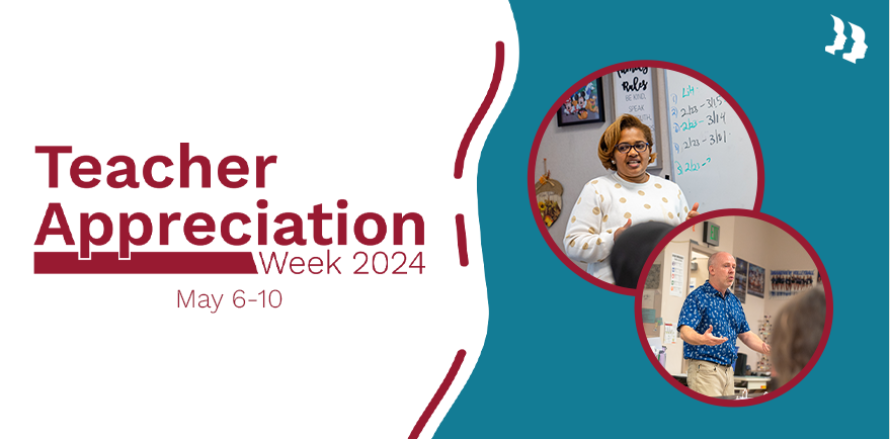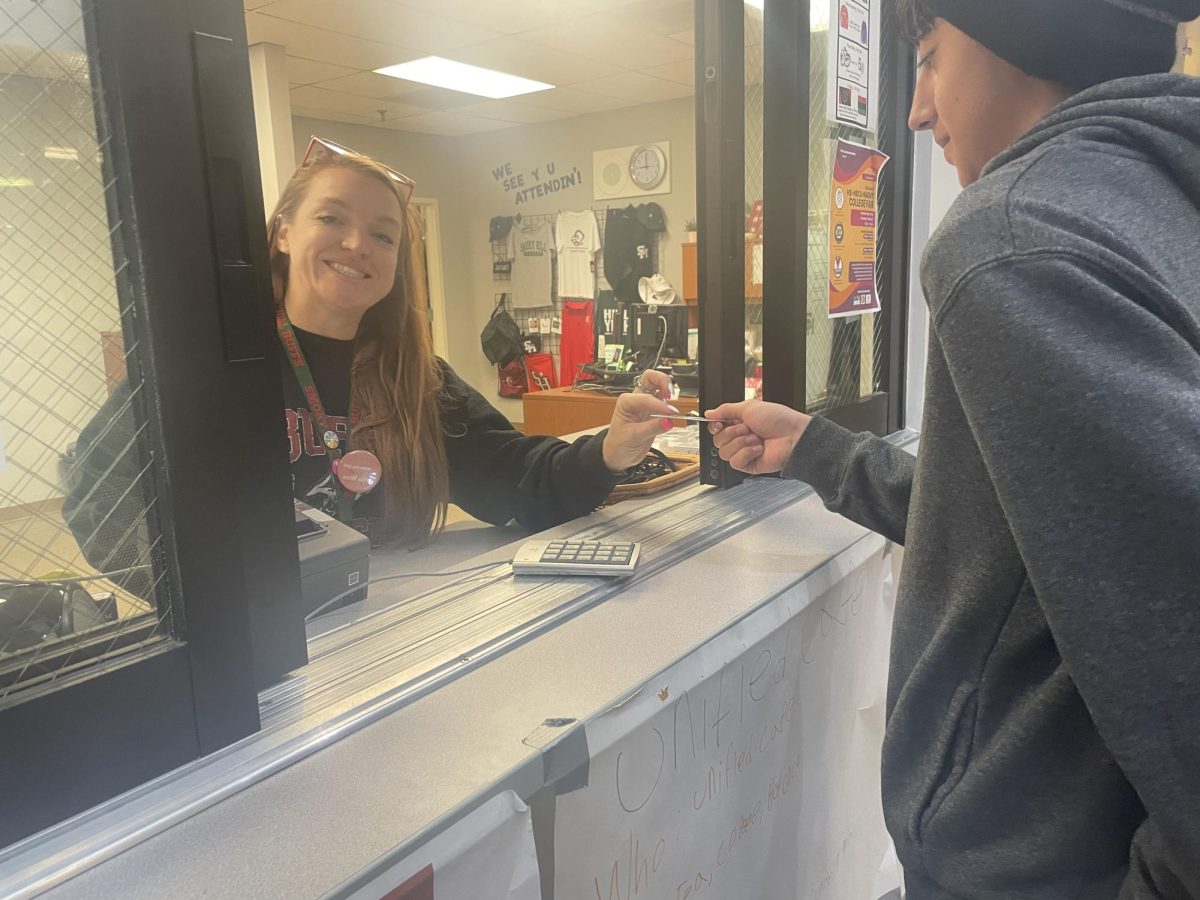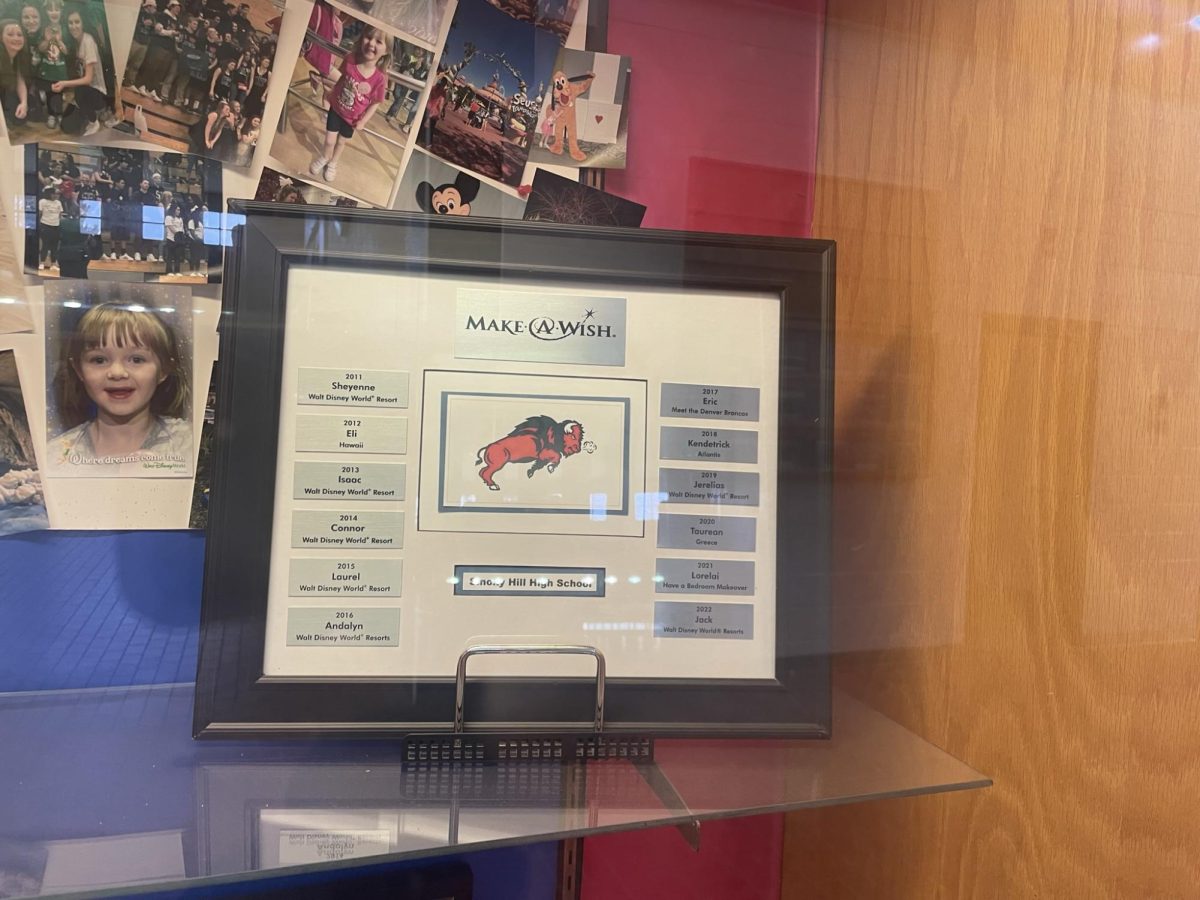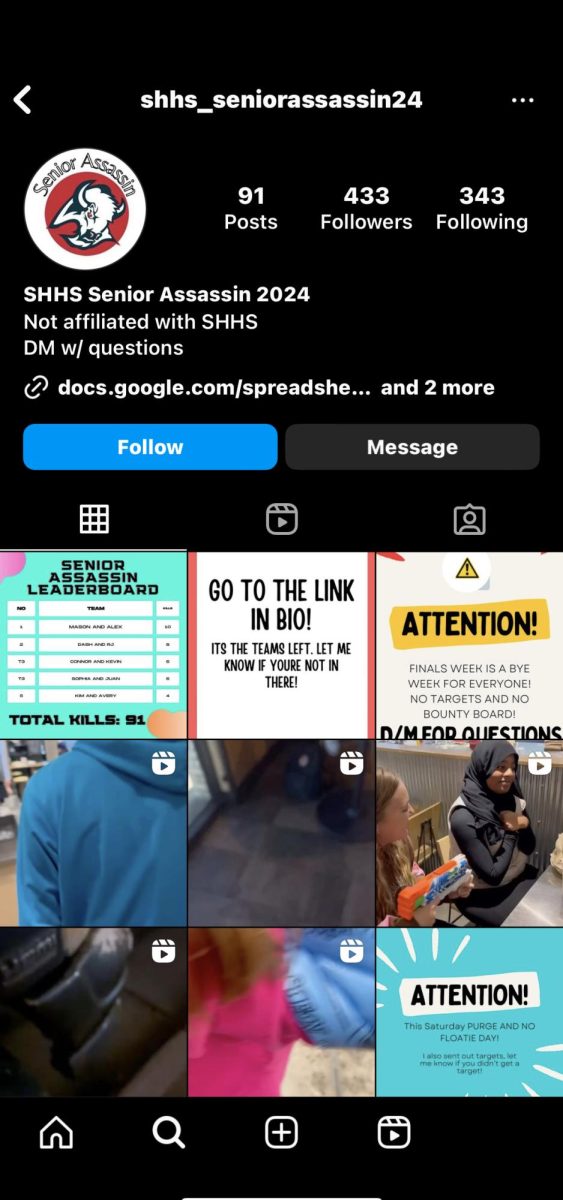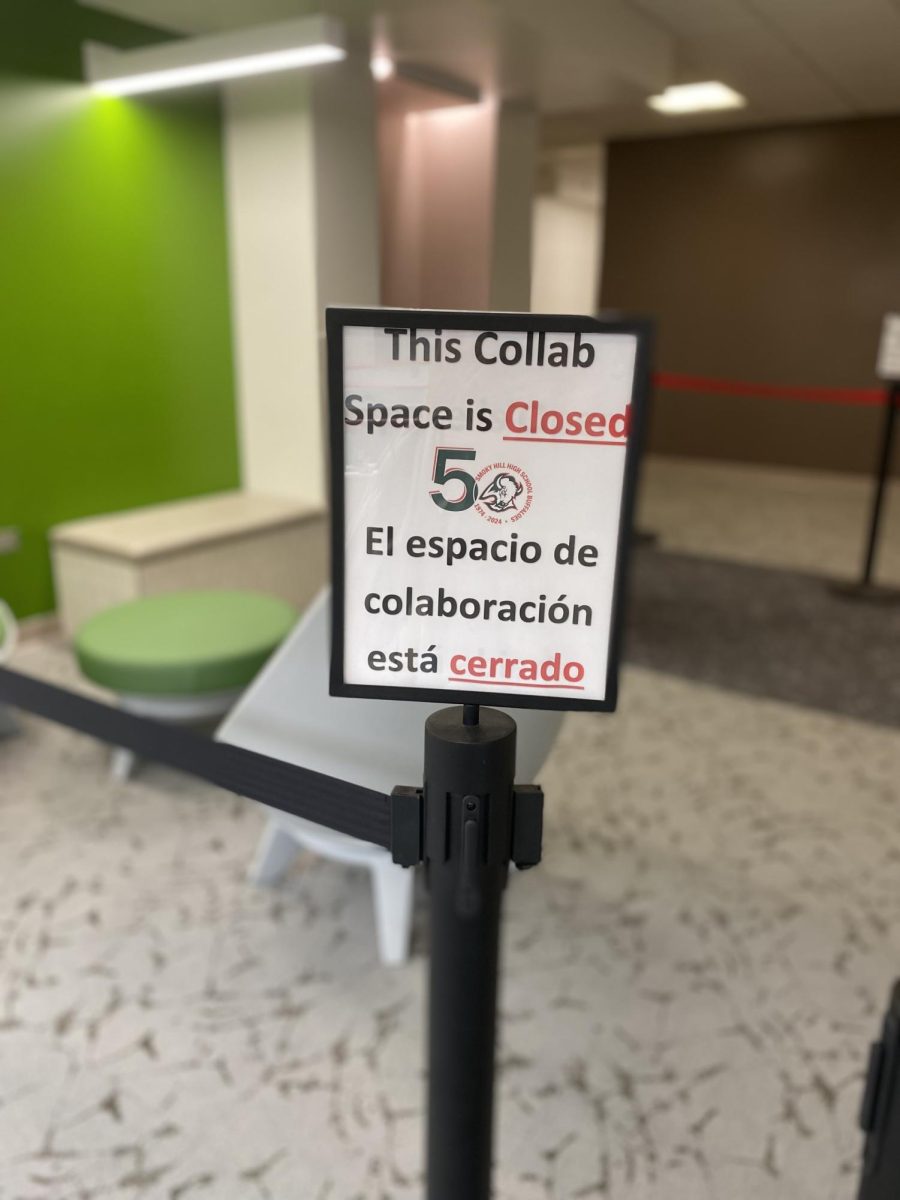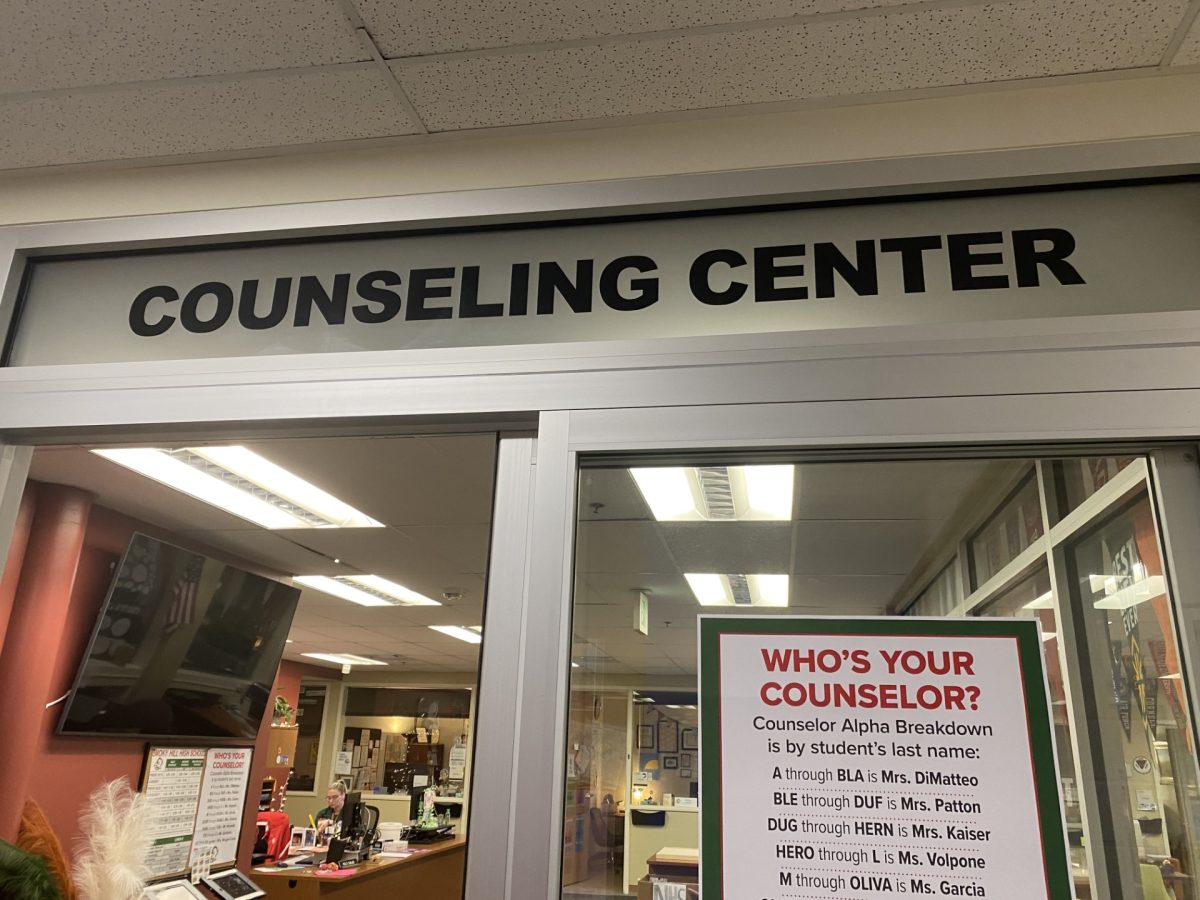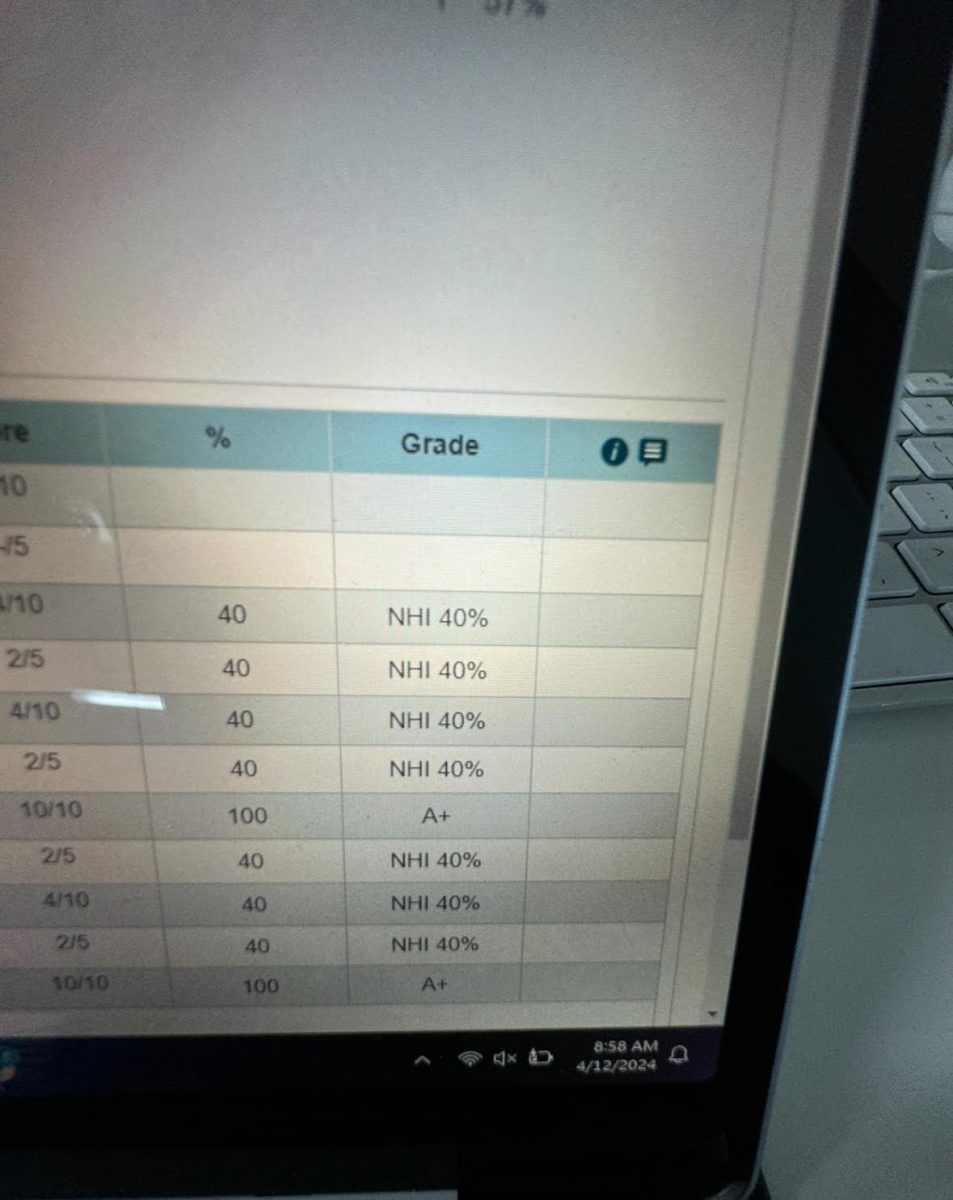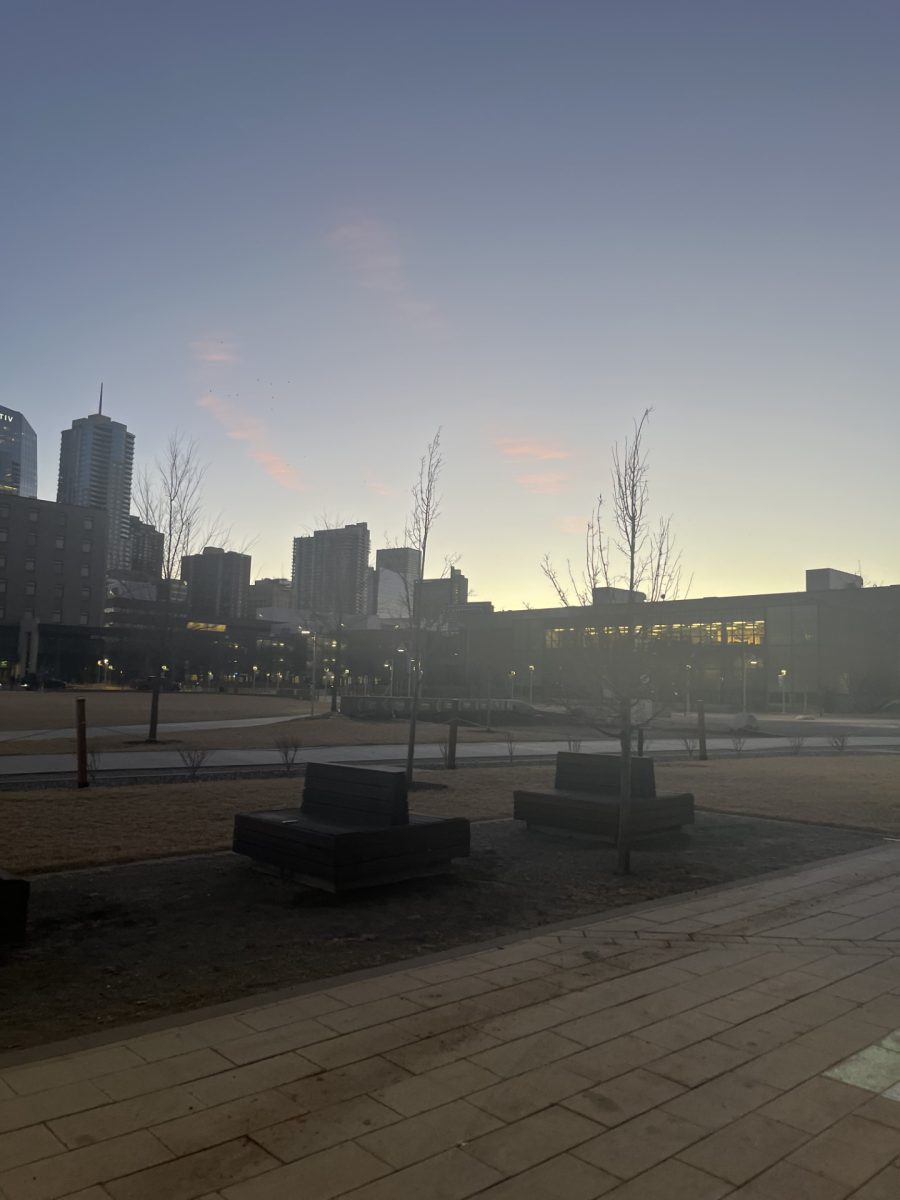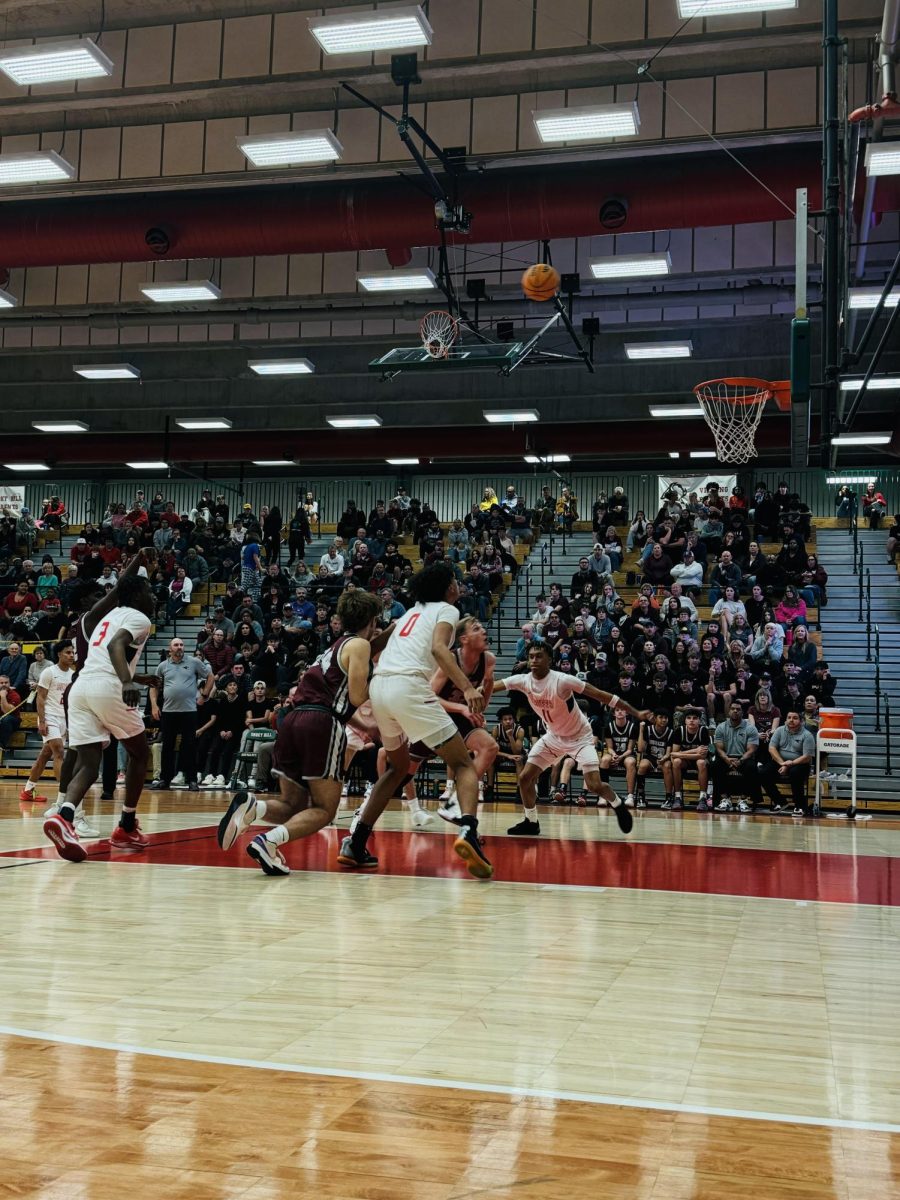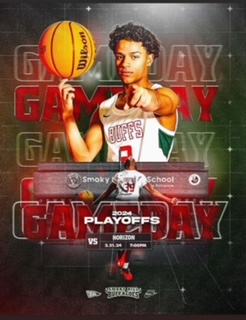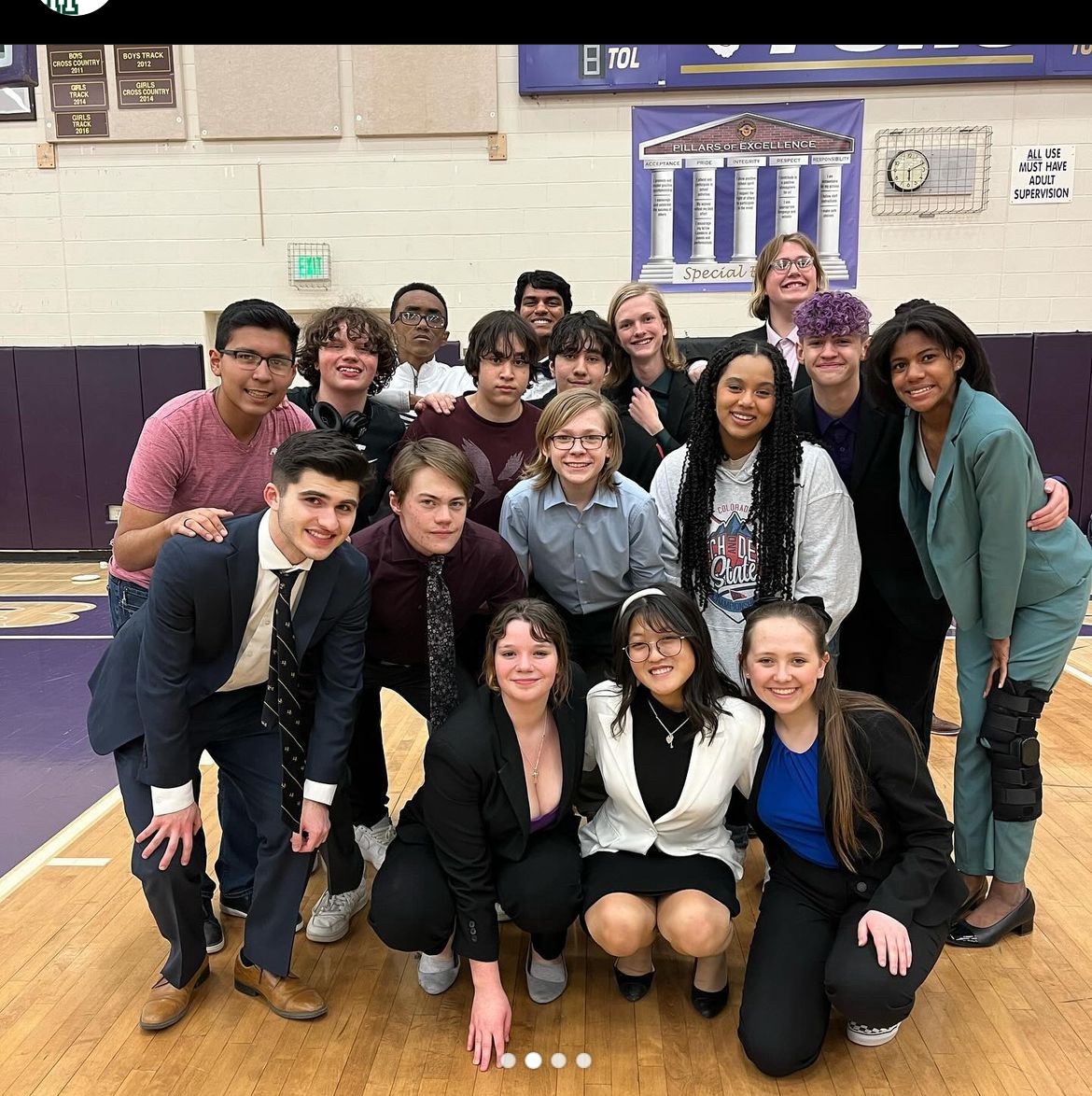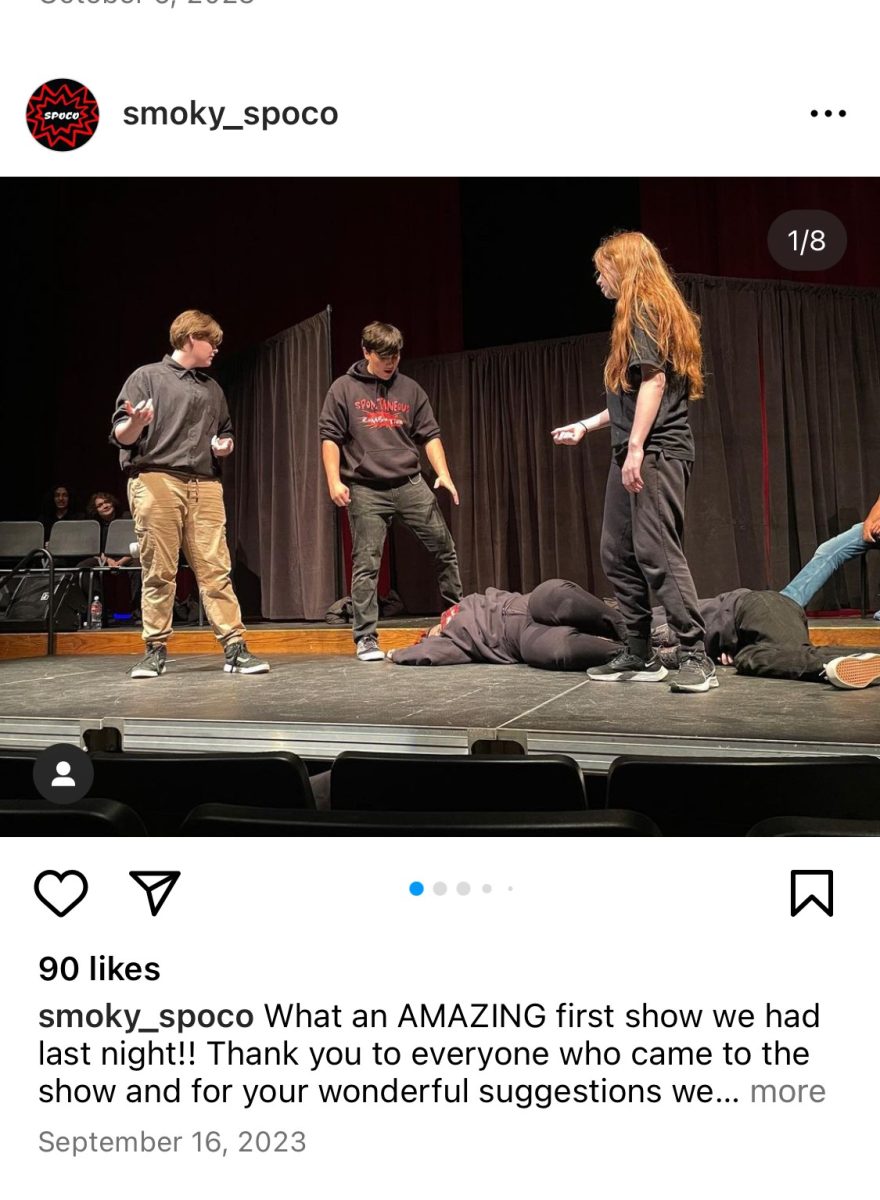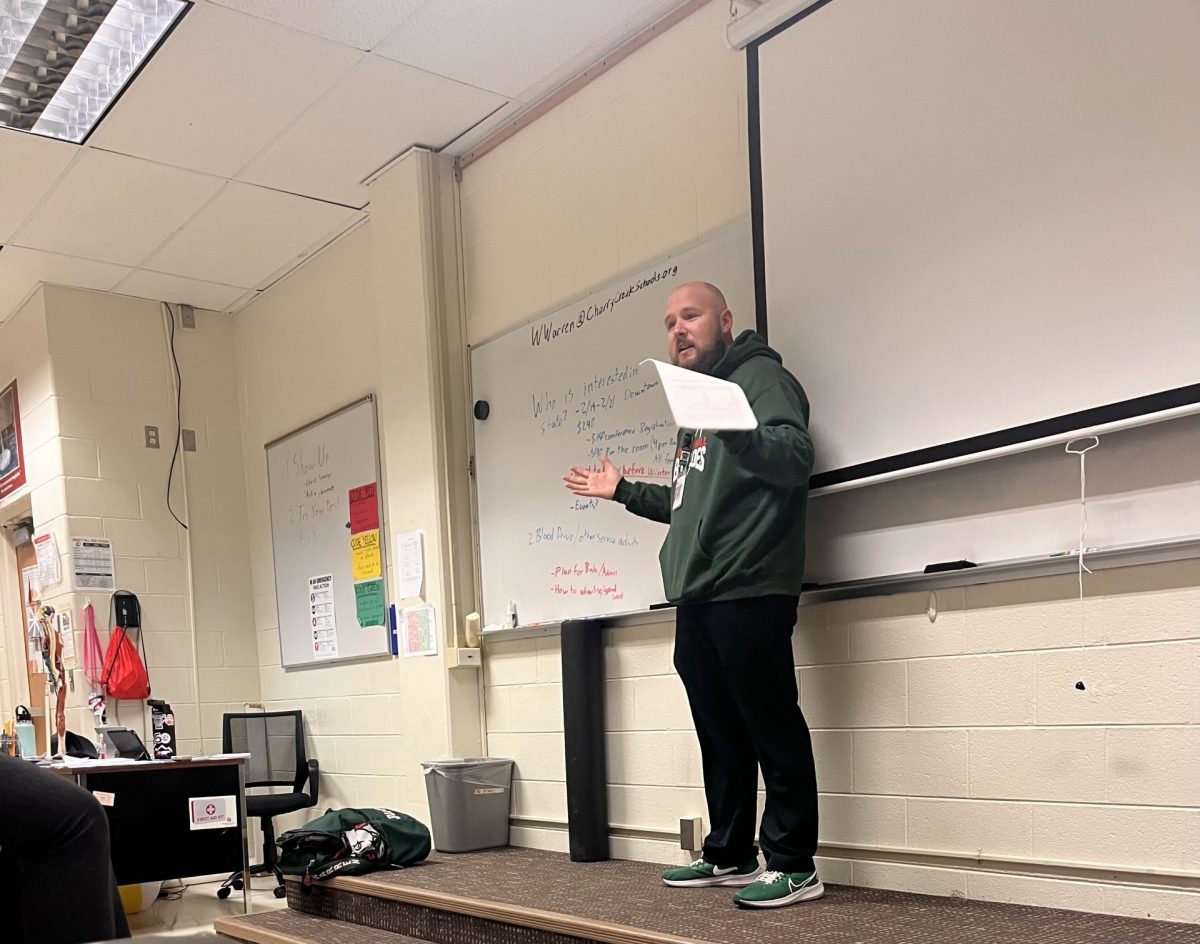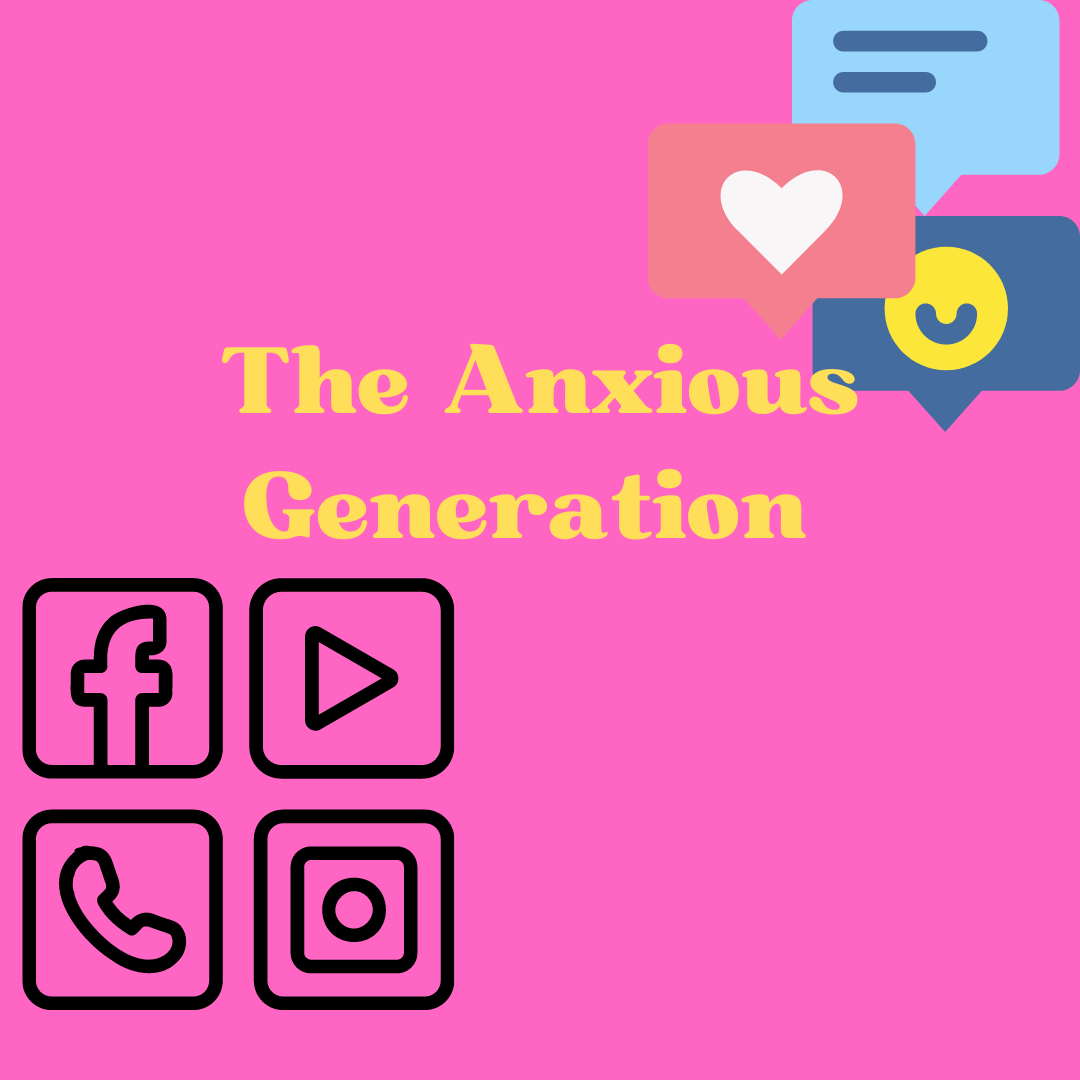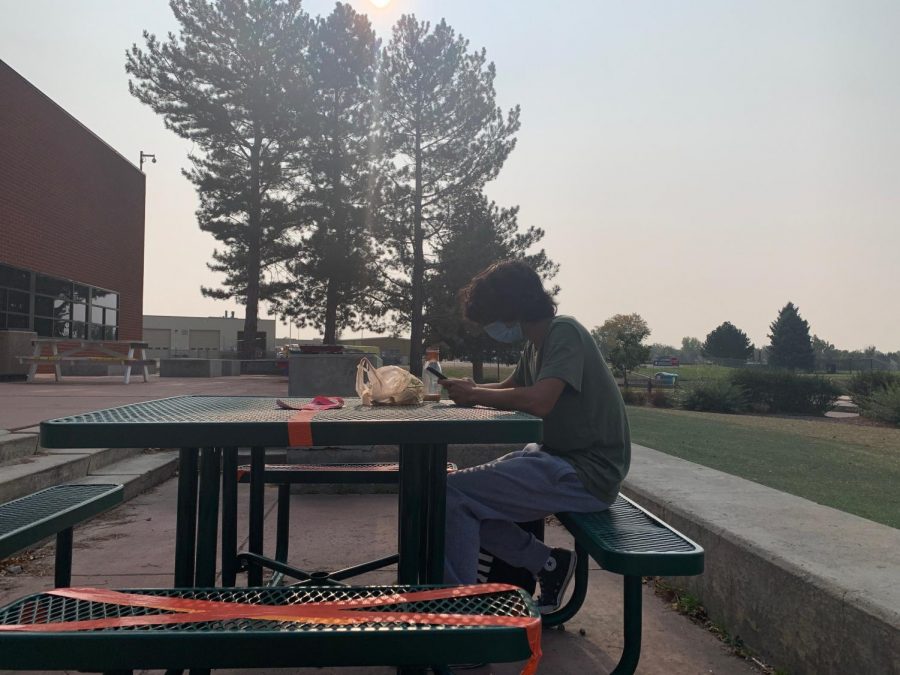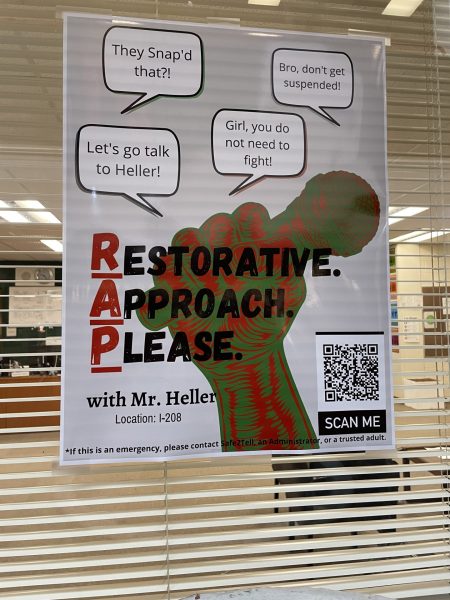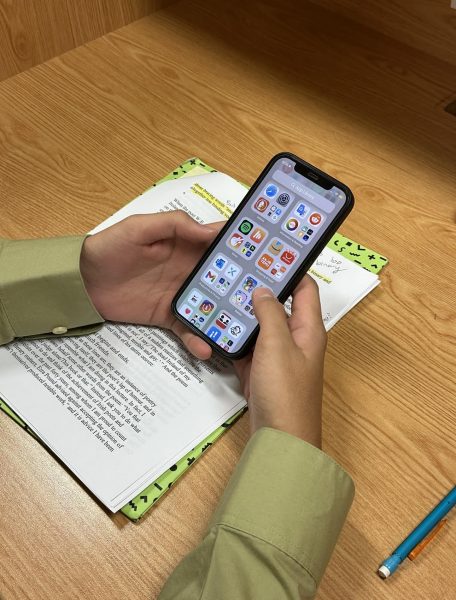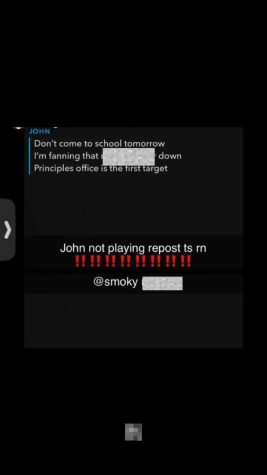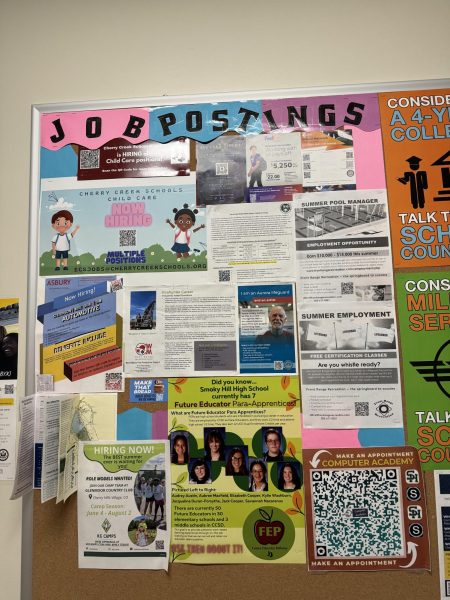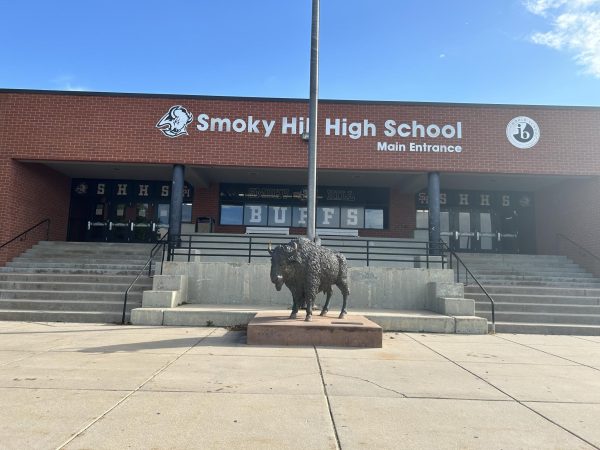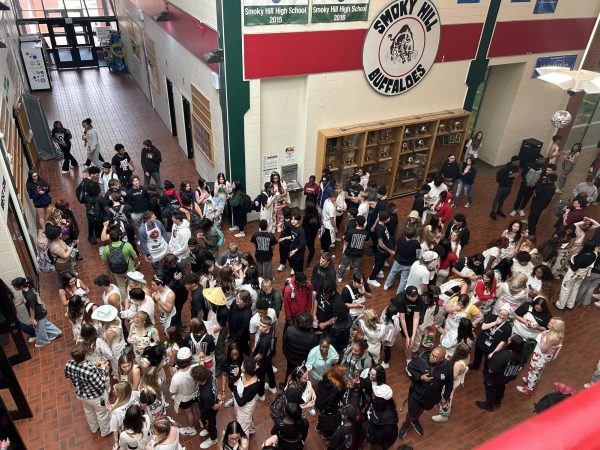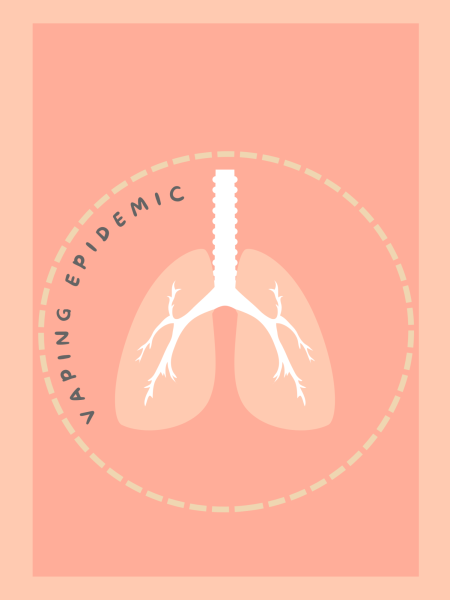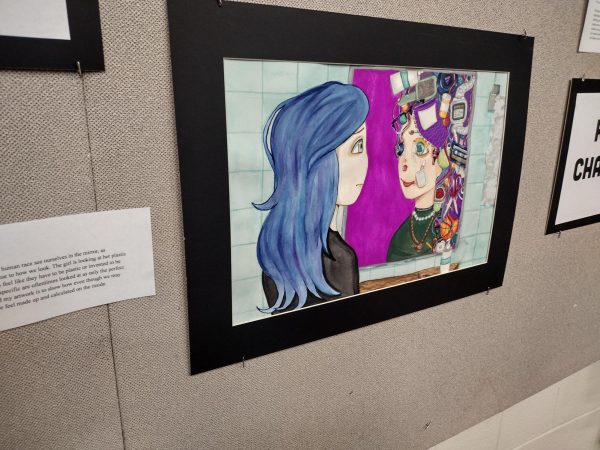Normalcy in a Tumultuous Year
Due to the unprecedented events of this past year, how are Smoky Hill students “going back to normal”?
It is undeniable the impact that 2020 has had on the universal sense of normalcy. For the past 6 months, the world has turned itself upside down, requiring millions of people to adapt. Practices such as social distancing and mandated face coverings are some of the attempts made in order to adapt. Even with the numerous attempts for adaptation, coronavirus cases continue to rise, challenging the established normalcy and any hope of returning to the previous idea of normal. As more and more places of business and socializing open their doors to eager patrons, society has to ask itself one question-can we ever revert back to normal? Within our Smoky Hill community, we must ask ourselves what does reverting to normalcy mean for a large public school?
The days of 30 students in a classroom, freely talking, and enjoying themselves are over. When peering into a classroom, one can find students in their remote islands, awkwardly trying to communicate with others. All aspects of normalcy in the classroom had been dismantled. Senior, Abigale Yilma feels as making relationships with classmates is even more difficult than what it was in the past. She believes, “it was hard before to connect with others. Now, it feels impossible to make relationships when you can’t even see the other half of their face or you’re talking to them through a screen.” Yilma’s beliefs are not uncommon. Meeting new people within your community has changed drastically in the last six months. Certain social cues, such as smiling and kissing teeth aren’t good indicators if someone is enjoying the conversation or open to a new friendship. Teacher, Gerry McCullar finds it difficult to understand how his students are doing in the classroom, “for instance, I can’t tell if they’re enjoying the joke or just offended.” Until further notice, we can’t use nonverbal communication to understand each other. We might be hiding behind our masks, but, we are forced to be more clear with each other.
Similar to social dynamics, the face of normalcy in academics has gone through extreme changes. Teachers have had to learn how to properly incorporate lessons. With half of the students home, engagement is much more important than what it was in past years. For teachers, adapting to our current normal has proved to be more strenuous and require more out of school prep. Mccullar believes the only positive thing to come out of this situation is “the new experience. Though it’s not ideal, earning the experience from this year will help us navigate the future of education.”
On the other hand, Yilma wonders how she was able to manage a five day school week with extracurriculars and social life. “ I really enjoy going to school two days a week. It frees up my schedule to include other activities, such as my part-time job.” COVID-19 has exposed some of the cracks within the Americ

